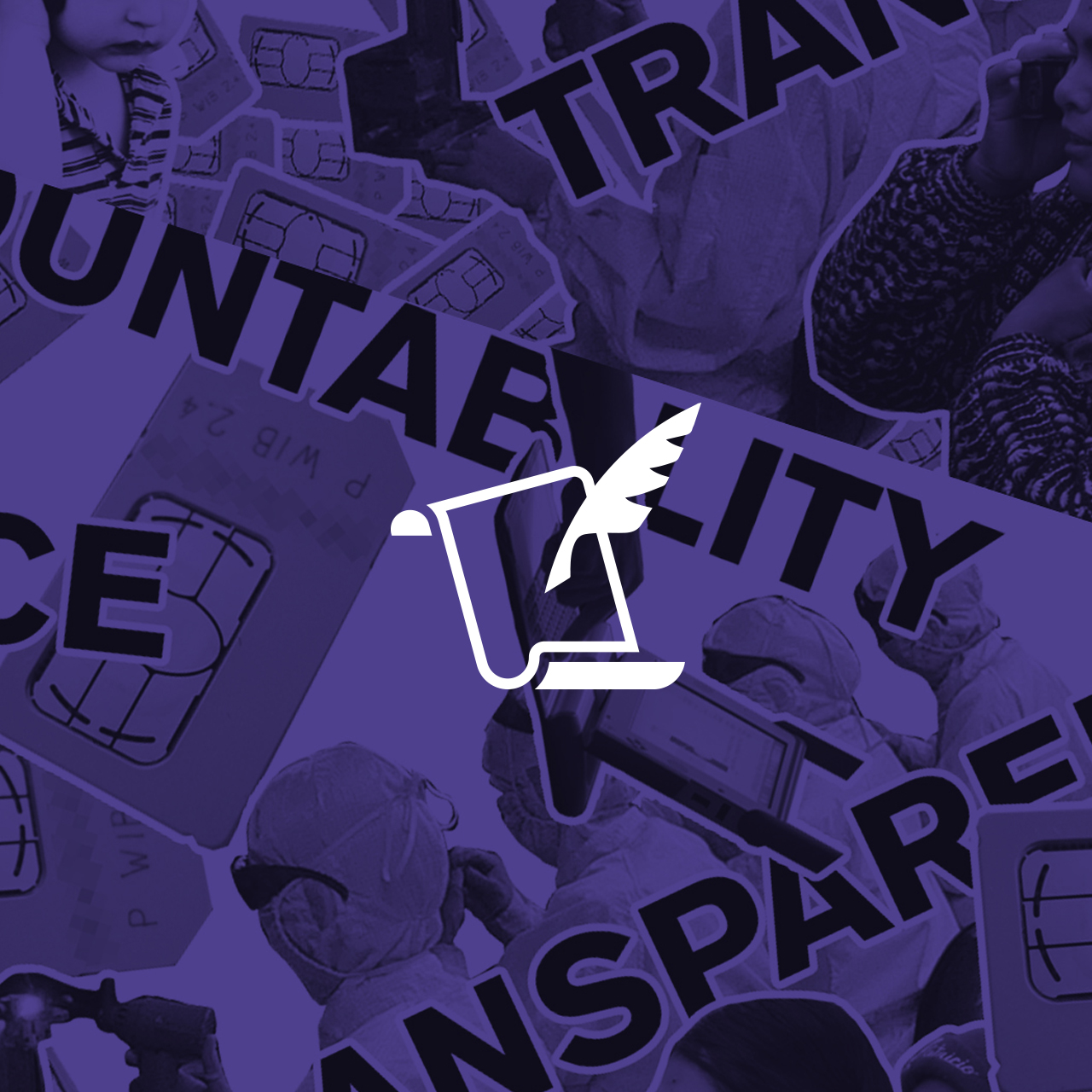The White House hosted a summit this week with nearly 50 African heads of state to strengthen trade and investment ties. The Summit highlighted a multibillion dollar new investment program, and put President Obama on stage to answer questions from young entrepreneurs.
From its inception, however, the Summit has failed to confront some of the most pressing issues facing the region, like government corruption, in an inclusive way: civil society only received an invitation following public advocacy by civil society groups including the We Are Africa campaign launched by Front Line Defenders.
Even then, civil society groups and human rights defenders were only invited on Aug. 4, rather than to the exclusive meetings with government officials and private sector executives on the following two days.
The White House gave the impression that human rights defenders were intentionally cut out: Santiago Canton, Director of the RFK Partners for Human Rights, said, “human rights will not be on the agenda at the summit as organizers feared such African leaders might not otherwise attend.”
But the U.S. cannot so easily ignore its responsibilities under international law and norms, or turn a blind eye to the activities of its corporations abroad. The country is home to countless multi-national corporations, whose human rights impacts run from environmental degradation to abusive surveillance. The U.S. profits from and promotes business activities, launching a $14 billion initiative to invest in African tech and other sectors. The recent Summit announced initial steps toward accountability, such as a new Partnership to Combat Illicit Finance and corruption. Yet, the U.S. government does not have a clear, public strategy to ensure companies respect human rights.
On Tuesday, Aug. 5, the International Corporate Accountability Roundtable (ICAR) — which Access is a member of — unveiled a campaign demanding that President Obama account for his Administration’s business and human rights plan. ICAR notes that the U.S. has formally committed to the UN Guiding Principles on Business and Human Rights (UNGPs), “to address these harms and hold corporations to account for their human rights impacts.” However, commitments mean little without strong, public goals and determined timetables and action plans, especially in a region like sub-Saharan Africa which features severals governments that have led a worrisome crackdown on user rights. There, governments including Ethiopia, Kenya, and the Central African Republic have used the networks and infrastructure of telcos like Orange and vendors like Huawei to spy on and disrupt communications of at risk groups, even leading to arbitrary arrest and torture. In Sudan, authorities led a deadly crackdown on street protestors last fall just after shutting down all internet connections via the country’s four ISPs. Simply put, the U.S. must account for the long history of contribution to human rights abuses by business.
NAPs in action
National Action Plans are ways that a government communicates how it will address a particular policy area, in this case, business impacts on human rights both at home and abroad. Access recently joined civil society groups in the International Corporate Accountability Roundtable (ICAR) in a joint letter calling on all governments to issue their own National Action Plans on business and human rights.
The UK issued a widely seen NAP last summer. That report included a concession to “develop guidance to address the risks posed by exports of information and communications technology that are not subject to export control but which might have impacts on human rights including freedom of expression online.” This is a veiled reference to the spying technology created by UK companies like Gamma International and sold to dictators and abusive governments worldwide.
Spy tech originates from the U.S. as well. Companies like Blue Coat create the means for countries like Syria, Iran, and Sudan to censor websites and monitor activists online. The obligation on governments to protect users extends beyond their borders, and if the U.S. were to issue a NAP, it should include a similar provision. A U.S. NAP could help end the sale of spy tech to anyone who would abuse these products and services by ensuring that vendors like Blue Coat “know your customer” and undertake human rights impacts assessments on their offerings, customers, and resellers.
It’s important to stress that surveillance tech is just one aspect of what a complete U.S. business and human rights NAP would cover. Within the realm of the ICT sector, the U.S. must further consider how to better enable tech companies to transparently report on all requests to surveil users and disrupt communications; to minimize the amount of data they collect and retain; and to push back against abusive requests and pressure by government authorities at home and abroad to join illicit agreements against user rights. This is to say nothing of the other human rights impacts that ICT companies can have from manufacturing, to land use, to labor rights, and more.
Wide reach and African focus
Access engages with companies and civil society partners to reduce the opportunities for governments to abuse telecom networks and mitigate the harms to users in Africa and elsewhere. Indeed, many civil society groups joined the campaign to gain access to the US-Africa summit, including the Sudanese Social Development Organization (SUDO), Enough is Enough Nigeria (EiE), Zimbabwe Human Rights NGO Forum, HAKI Africa, CLEEN Foundation, Open Society Foundations and The Zimbabwe Lawyers for Human Rights, among others. Any U.S. business development project in the region must be preceded by a thorough human rights impact assessment and clear safeguards, including robust reporting requirements, consultation with civil society, and greater access to remedy for victims of abuse.
ICAR created a model NAP and assessment toolkit enabling governments to undertake this work, and indeed held an event on responsible African investment. Officials in the U.S. government have no excuse to delay or keep quiet their strategies to confront human rights abuses online. Access calls on our entire community to petition President Obama, asking “What’s your plan on business and human rights?”
